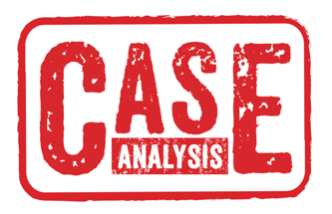Was Your Transplant Medication Safe? The Disturbing Truth About Tacrolimus and the FDA’s Hidden Exemptions
 When a patient receives a life-saving kidney transplant, they rely on immunosuppressive medications like tacrolimus to prevent their body from rejecting the organ. These drugs are not optional—they are critical. But what happens when the very drug meant to protect a transplant patient may have contributed to the failure of their new organ?
When a patient receives a life-saving kidney transplant, they rely on immunosuppressive medications like tacrolimus to prevent their body from rejecting the organ. These drugs are not optional—they are critical. But what happens when the very drug meant to protect a transplant patient may have contributed to the failure of their new organ?
According to a recent Pro Publica Investigation, that is the unsettling reality facing Joe DeMayo, a transplant recipient who was prescribed generic tacrolimus manufactured by Intas Pharmaceuticals. Despite faithfully taking the drug as directed, his donated kidney began to fail much earlier than expected. What DeMayo didn’t know—and what thousands of patients across the country likely didn’t know—is that the FDA had found serious manufacturing violations at the Indian factory where his medication was produced, including the manipulation of drug-testing records.
As New York medical malpractice attorneys, we are deeply concerned by the implications of this case—not only for DeMayo, but for the many transplant patients who trust that the drugs they take are both safe and effective.
 New York Personal Injury Attorneys Blog
New York Personal Injury Attorneys Blog



